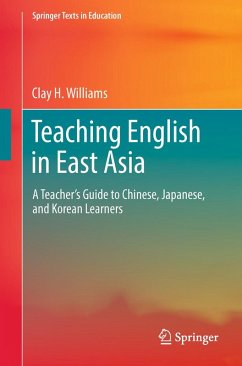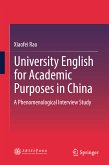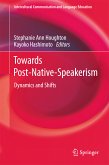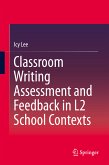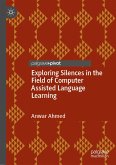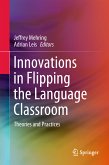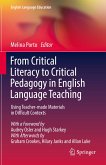This book investigates the current EFL market in East Asia, focusing on K-12, university, and cram school English education in Japan, China, and Korea. It explores prevailing educational practices by both Asian learners and teachers of English, contrasting them with Western practices, and illuminating why Western pedagogical methods have often encountered tremendous resistance from teachers, administrators, parents, and students in the East Asian classroom context. After establishing this cultural contrast of pedagogical norms, the book presents a series of practical means for adapting Western teaching practices and philosophies to better suit the learning styles of East Asian students and the cultural context and practical realities of the East Asian classroom, offering both Western teachers working in East Asia and native East Asian teachers realistic plans for turning theory into successful practice. These plans are divided by subsections, focusing on the linguistic subskills beingtaught: listening/speaking, reading, and writing. Each section includes two contrasting lesson plans to demonstrate how the educational theories and practices promoted by the author can often be implemented by making relatively simple changes to existing practices that incorporate a fuller understanding of how to actively assist students in developing new learning styles and behaviors.
Dieser Download kann aus rechtlichen Gründen nur mit Rechnungsadresse in A, B, BG, CY, CZ, D, DK, EW, E, FIN, F, GR, HR, H, IRL, I, LT, L, LR, M, NL, PL, P, R, S, SLO, SK ausgeliefert werden.

